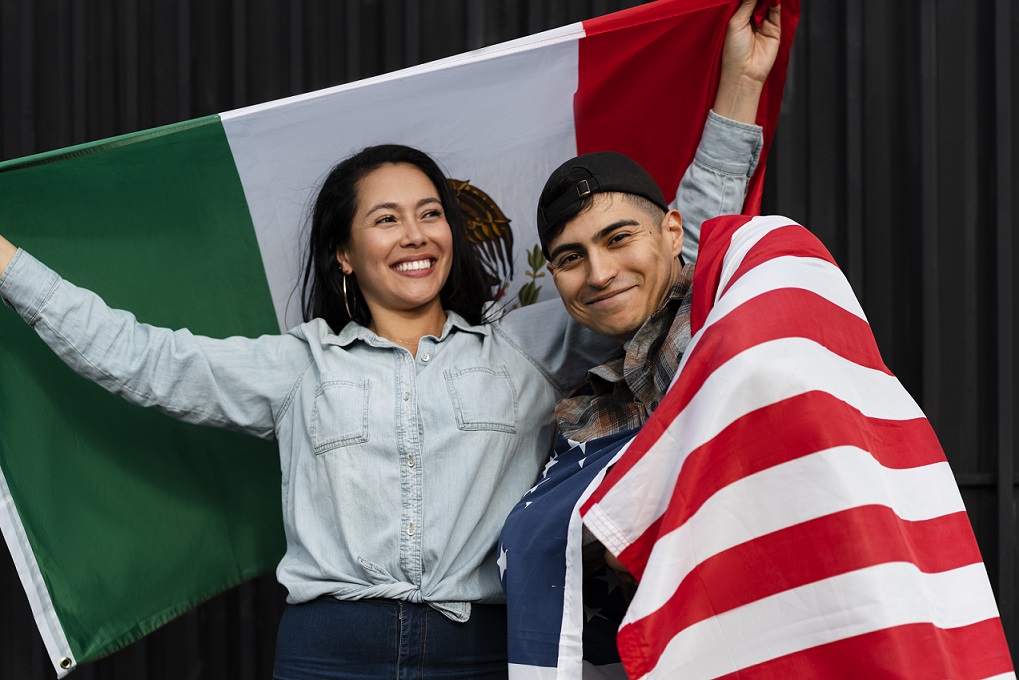The term “Chicano” carries with it a rich tapestry of history, culture, and identity, representing individuals of Mexican descent born in the United States. This word, which has evolved over generations, stands as a symbol of pride, resistance, and solidarity among Mexican Americans. But where did the word ‘Chicano’ originate, and how has its meaning transformed over time? This blog explores the origins, evolution, and contemporary significance of the term ‘Chicano’.
Origins of the Term
The etymology of “Chicano” is complex and layered, tracing back to the indigenous Nahuatl language spoken by the Aztecs. Some scholars suggest that it originates from the word “Mexicano,” pronounced as “Meshicano” in Nahuatl. The theory posits that over time, the sound morphed among Spanish speakers in Mexico, eventually becoming “Xicano” to denote people of Mexican origin living in the U.S. This label was anglicized to “Chicano” as it entered the English language.
Another perspective suggests that the term comes directly from a shortened version of “Mexicano,” with the “Me” dropped to create “Xicano” or “Chicano.” Regardless of its precise linguistic pathway, the term began to gain prominence among Mexican Americans in the mid-20th century.
The Chicano Movement
The 1960s and 1970s saw the term ‘Chicano’ rise to significant prominence, largely through the Chicano Movement, or “El Movimiento.” This was a social and political movement by Mexican Americans to achieve empowerment and civil rights, addressing issues such as educational inequality, farm workers’ rights, and political representation. Adopting the term “Chicano” was a way for Mexican Americans to assert their identity and pride, distinguishing themselves from the broader “Hispanic” or “Latino” categories while emphasizing their unique historical and cultural experiences in the United States.
Evolving Meanings
Over the years, the meaning and usage of “Chicano” have continued to evolve. Initially, it was a term of self-identification for individuals actively involved in the political struggles of the Chicano Movement. Today, while still carrying connotations of activism and cultural pride, it has broadened to represent an ethnic and cultural identity that includes a diverse array of experiences and backgrounds within the Mexican American community.
Contemporary Significance
In contemporary contexts, “Chicano” is celebrated as a term of cultural affirmation, reflecting a rich heritage of resistance, resilience, and community solidarity. It encompasses a diverse spectrum of identities, including those who identify as Chicana (feminine), Chicano (masculine), and Chicanx or Xicano/a (gender-neutral), indicating its adaptability and inclusivity. The term also signifies a connection to one’s roots and an acknowledgment of the indigenous, colonial, and modern histories that shape Mexican American identities today.
In Summary
The word “Chicano” is more than just a term; it’s a declaration of cultural identity, rooted in a complex history of colonization, migration, and activism. From its etymological origins to its role in the Chicano Movement and beyond, the term has served as a powerful symbol of unity, empowerment, and pride for Mexican Americans. Understanding the origins and evolution of ‘Chicano’ offers invaluable insights into the struggles and triumphs of a community continually shaping its identity and place within the American tapestry.




